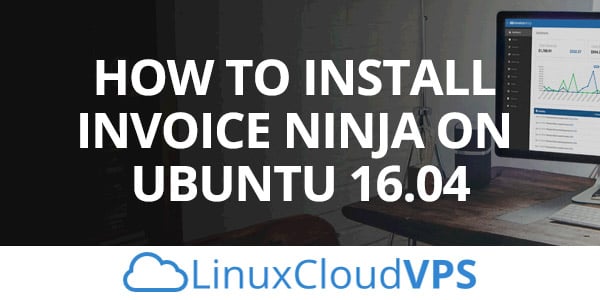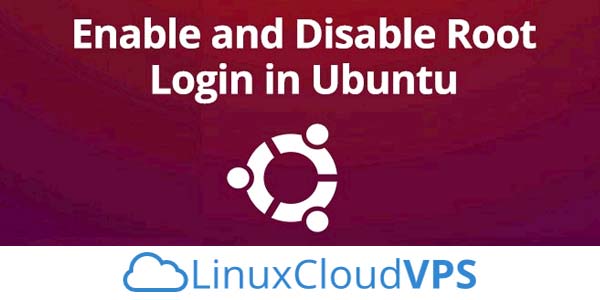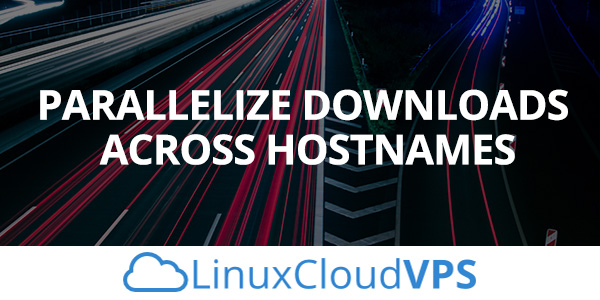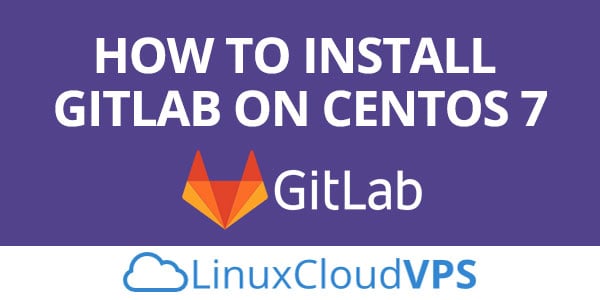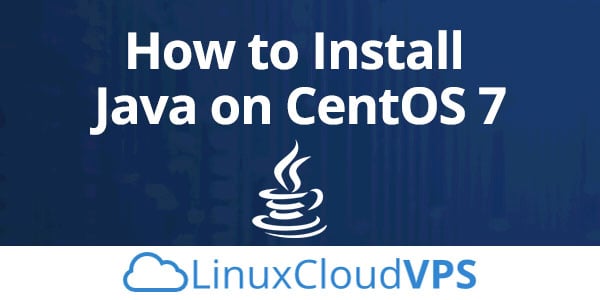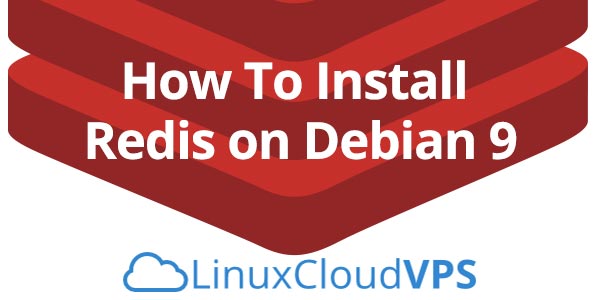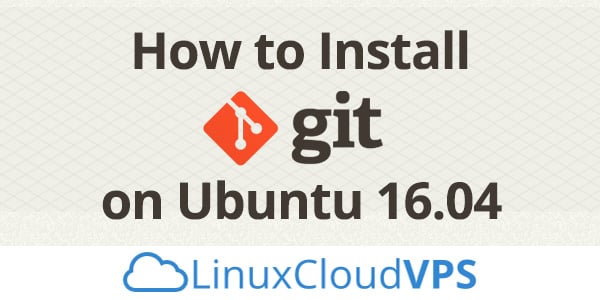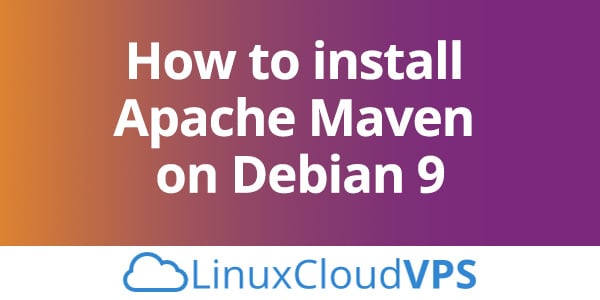In this article we will show you how to install Invoice Ninja on an Ubuntu 16.04 server. InvoiceNinja is a free and open source software application written in PHP used for invoicing, billing customers and time tracking management system.
Tutorials
How to Install ionCube Loader on Ubuntu 16.04
In this article, we will perform an installation of ionCube on an Ubuntu 16.04 server. First, we will explain what is “ionCube”, and then we will proceed with the step-by-step instructions for installing and how to check it is installed on the Ubuntu 16.04. ionCube is an extension of a PHP module that is used to speed up web pages and load encrypted PHP files. In other words, ionCube is an encoder tool used to ensure that your PHP applications are not redistributed illegally and are not being modified or read by anyone.
How to Enable and Disable Root Login in Ubuntu
We will show you how to enable and disable root login in Ubuntu. Root access it required when you need to perform administrative operations which are not permitted for the regular system users, but in the same time the root access may be a huge security risk if it is enabled or if it is not used properly. In this tutorial we will show you how to enable and disable root login on a Linux VPS running Ubuntu as an operating system.
How to Fix “Parallelize Downloads Across Hostnames” Warning
When testing a website for performance using popular online tools like GTMetrix, Pingdom, Google PageSpeed, sometime we might get “Parallelize Downloads Across Hostnames” warning. This warning means that your website’s assets are delivered from the same host name, and it would slower the site’s speed.
There is a limitation on the number of concurrent connection that web browsers will make to a host. For HTTP/1 and HTTP/1.1 connections, a web browser is only able to download one file at a time.
How to Install GitLab on CentOS 7
In this article, we are going to show you how to install GitLab on CentOS 7. GitLab is Rails-based open source repository manager developed by GitLab Inc. GitLab is very useful for teamwork because is web-based git repository manager and it’s easy to deploy, code or test applications. It supports functions such as code reviews, issue tracking and activity feeds and that’s just a few of the features this application has. GitLab comes in Community Edition (self-hosted and free) and Enterprise Edition (self-hosted and paid).
How to Remove Query Strings From Static Resources in WordPress
When testing a website to check it’s speed score and load time using the popular tools such as Gtmetrix, Pingdom and Google Page Speed, sometime we will get a low score in “Remove Query Strings from Static Resources”. URLs which contain special characters such as question marks (? ) and ampersand (&) are treated as Query Strings. Some proxy caching servers cannot cache the resources with special character in the URL, like : http://yoursite.com/wp-content/themes/yourtheme/css/style.css?ver=1.1.1.
How to Install Java on CentOS 7
If you want to install Java on a VPS running CentOS 7 then this is the right tutorial for you. You will also be able to learn how to set a Java home variable and overview some basic management steps to get you started. As we already know Java is at the top of the list of the programming languages and this is worldwide. This programming language is created to have very little dependencies and that allows application developers to “write once, run everywhere”. As a matter of fact, any platform that supports Java can be operated by a compiled Java code. It can also be used to build both simple web applications and advanced software.
OpenJDK and Oracle Java are the two different implementations of Java. These two implementations of Java are based on the same code, but the main difference is that the reference implementation of Java or Open JDK is entirely open source, while on the other hand, Oracle Java contains some proprietary code.
How To Install and Configure Redis on Debian 9
In this article, we will show you how to install and configure Redis on a Debian VPS. Redis is an open source, in-memory data structure store with support for disk persistency. It is a key-value distributed database that supports data structures such as Strings, Lists, Sets, Sorted Sets, Hashes, HyperLogLogs, Bitmaps.
The Redis package that comes with Debian repo is quite outdated and contains a lot of security vulnerabilities. In this guide, we will install Redis from the source. At the time of this writing, the latest stable version of Redis is 4.0.8. Installing Redis on Debian 9 is fairly easy task, if you carefully follow the steps in the tutorial below. Let’s get started with the installation.
How To Install Git on Ubuntu 16.04
Git is a free and open source distributed version control system, originally developed in 2005 by Linus Torvalds, the great creator of the Linux operating system kernel. In this tutorial, we will show you how to install GIt on Ubuntu 16.04 and discuss how Git can help improve your development workflow.
How to install Apache Maven on Debian 9
Apache Maven is a java based software for project management and comprehension tool developed by Apache Foundation. Based on the concept of a project object model (POM), Maven can manage an entire project’s build. With Maven you can easily store documents, generate reports and documentation from a central piece of information. Installing Maven on Debian 9, is fairly easy task if you follow the steps bellow carefully and should not take more then 10 minutes.
